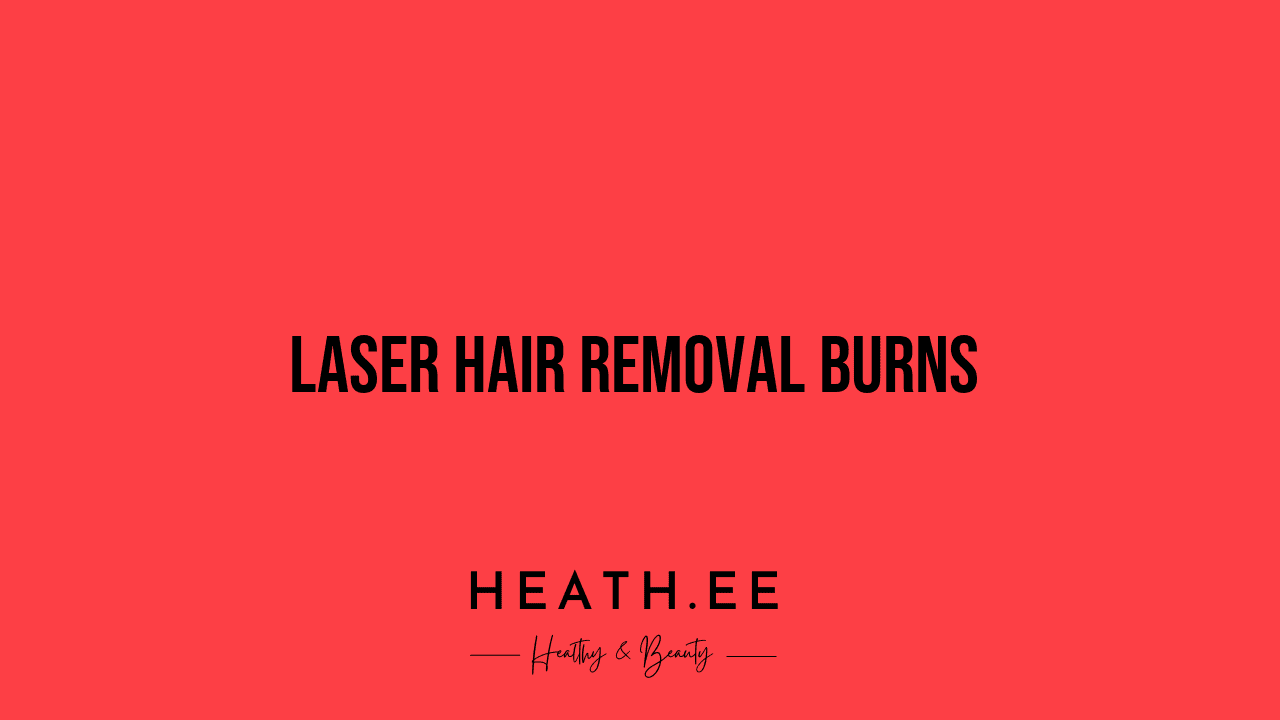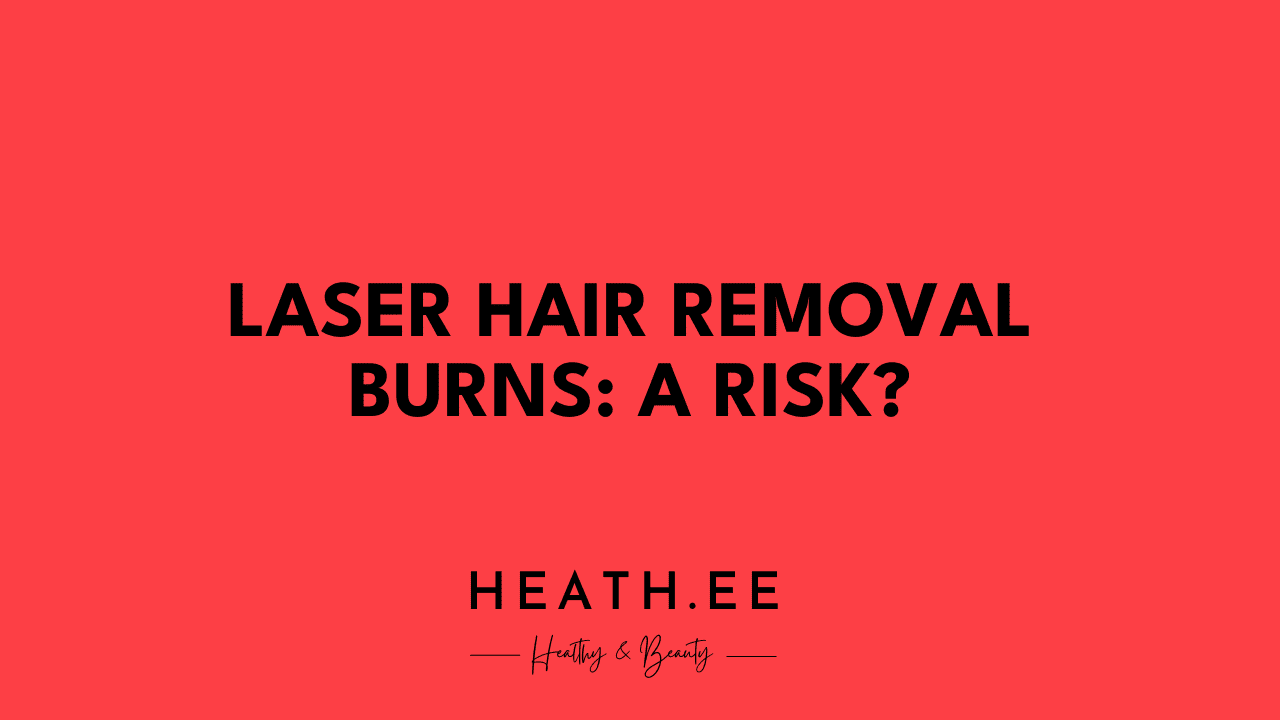Laser hair removal is a popular procedure that has been around for decades. It is a safe and effective way to remove unwanted body hair. Unfortunately, laser hair removal can cause burns if not performed correctly. In this blog post, we will discuss the risks of laser hair removal burns and how to prevent them.
What is Laser Hair Removal?
Laser hair removal is a procedure that uses a laser to target and destroy hair follicles. The laser emits a beam of light that is absorbed by the hair follicles, destroying them and preventing them from producing new hair. It is a safe and effective way to remove unwanted body hair.

What are the Risks of Laser Hair Removal Burns?
Although laser hair removal is generally safe, it can cause burns if not performed correctly. Burns can occur if the laser is used incorrectly or if the person being treated has an adverse reaction to the laser. Burns can range from mild to severe and can cause scarring and discoloration of the skin.
How to Prevent Laser Hair Removal Burns
There are several steps you can take to reduce the risk of laser hair removal burns. First, make sure you go to a reputable clinic that uses a certified laser technician. The technician should be experienced and knowledgeable about the procedure and the laser they are using. Second, make sure the laser is set to the correct settings for your skin type and hair color. Finally, make sure you follow the aftercare instructions provided by the technician and avoid sun exposure for at least a week after the procedure.

Signs of Laser Hair Removal Burns
If you experience any of the following signs of laser hair removal burns, you should seek medical attention immediately:
- Redness and swelling of the skin
- Blistering of the skin
- Pain or burning sensation
- Darkening of the skin
- Scabbing or crusting of the skin
Treating Laser Hair Removal Burns
If you experience a laser hair removal burn, the best course of action is to seek medical attention. Your doctor may prescribe topical creams or ointments to help reduce inflammation and pain. In some cases, laser hair removal burns may require more aggressive treatments, such as steroid injections or antibiotics.
When to Avoid Laser Hair Removal
Although laser hair removal is generally safe, there are certain instances when it should be avoided. Laser hair removal should not be performed on people who are pregnant, have dark skin, or have a history of skin conditions, such as eczema or psoriasis. People who have taken certain medications, such as Accutane, should also avoid laser hair removal.
The Benefits of Laser Hair Removal
Despite the risks of laser hair removal burns, the benefits of laser hair removal outweigh the risks. It is a safe and effective way to remove unwanted body hair and can help improve the appearance of the skin. Laser hair removal can also help reduce ingrown hairs, reduce the need for shaving, and provide long-term results.
Conclusion
Laser hair removal is a safe and effective way to remove unwanted body hair. However, it can cause burns if not performed correctly. To reduce the risk of laser hair removal burns, make sure you go to a reputable clinic with an experienced and knowledgeable technician and follow the aftercare instructions. If you experience any signs of laser hair removal burns, seek medical attention immediately. Despite the risks, the benefits of laser hair removal outweigh the risks and can help improve the appearance of the skin.



